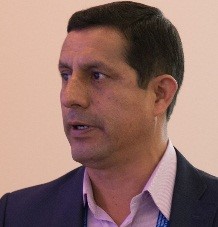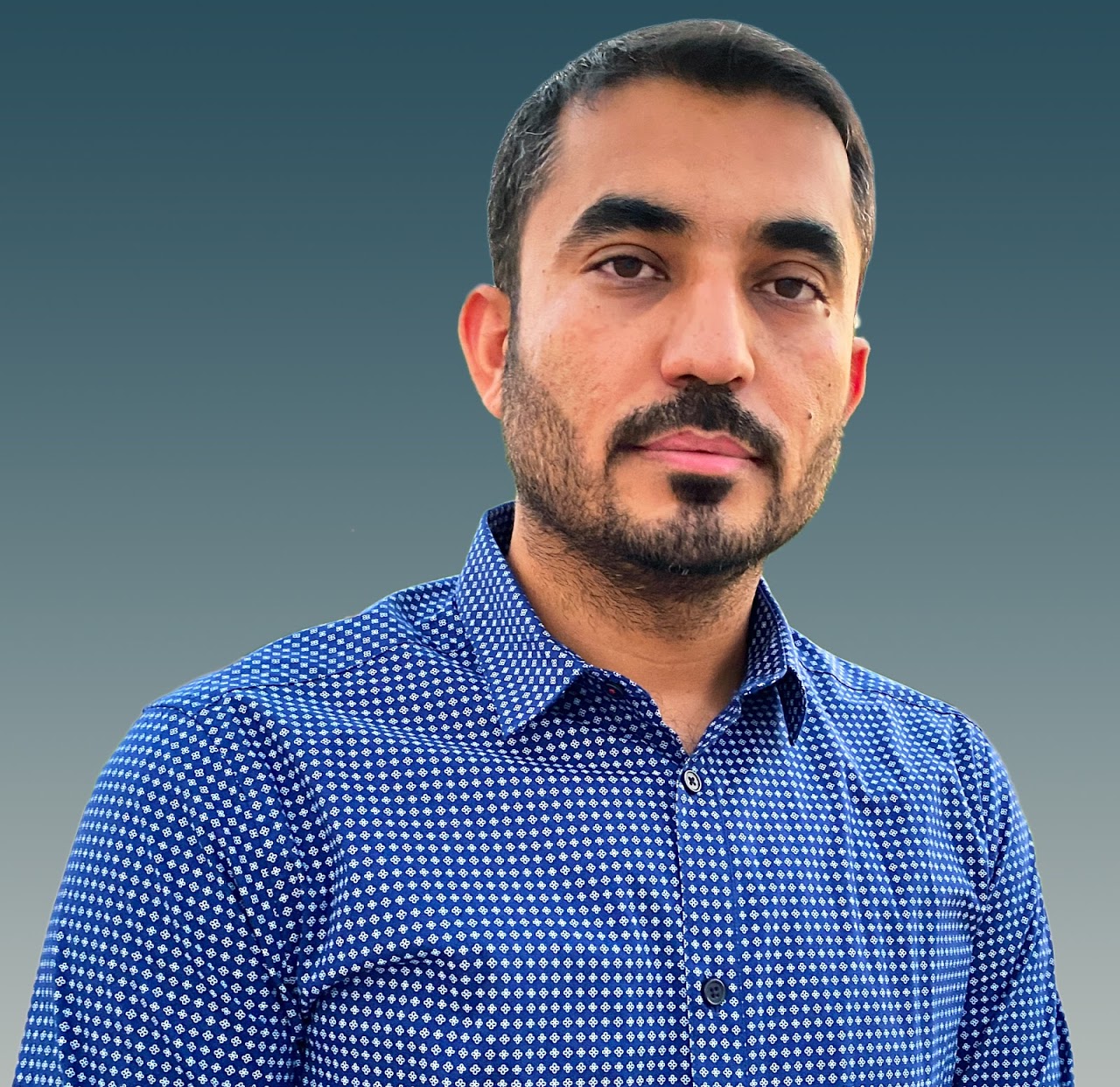Invited Speakers
Dr. Jerald Kralik
Visiting Professor, Department of Bio and Brain Engineering, KAIST - Korea Advanced Institute of Science and Technology, KoreaSpeech Title: Computational Model of Human Social Communication: When should an artificial agent communicate about others?
Abstract: For AI systems to integrate with people in real-world settings, they will need to respond properly to social events with potential moral implications: such as acts of physical harm, bullying, cheating or acts of goodwill. This requires an inner sense of morality as well as mind-reading capabilities that approach human level. To date, however, no artificial system is near these capabilities. Our larger research project aims to capture the full range of human social intelligence, and to this end, our current goal is to model when, how, and why people choose to communicate social information to others—what has been called gossip—and to model this process in an artificial social agent. In this talk I present our current progress. I will describe (a) our social intelligence and communication framework, (b) our test paradigm, (c) current computational model developments, and (d) an empirical experiment we conducted to obtain novel data to test model predictions. I will then present key empirical findings together with the best fits from our model compared with two others. Our model outperformed the others by best fitting both the general patterns and specific results of the empirical data (i.e., percent choosing to communicate information about a target individual to others). Thus, our model successfully captures key aspects of human moral decision-making, helping to move toward human-like social understanding and communication in artificial systems.
Dr. Moisés Toapanta
ProfessorDepartment Computer Science, Salesian Polytechnic University (UPS), Ecuador
Speech Title: Analysis of the Software most used by Hackers to carry out Penetration Testing in Public Organizations
Abstract: Currently, the software handled by hackers is the main one to tackle a series of empirical knowledge, with these software attacking and helping organizations. The main objective is to analyze and systematize the software that is detected by hackers and crackers, in order to prevent risks and study the tactical levels and strategies for a given process. The analytical method is used in this investigation, for the study or analysis of the offensive software structure in public organizations. The results obtained from this research were an attack launching algorithm, software prototype taken by hackers, massive obfuscation model, and quantitative encryption model. It was concluded that piracy tools are used for preventive prevention and systems aggression, that is, to be defensive or offensive for a period of time, throughout an attack cycle.
Dr. Muhammad Asif Khan
Postdoctoral Researcher, Department of Electrical Engineering, Qatar University, QatarSpeech Title: Machine Learning in Mobile Computing - Recent Trends, Opportunities and Challenges
Abstract: Both Machine Learning (ML) and edge computing are making profound impact in several domains, however when they combine, they can bring a more intriguing user experience. The intersection of both has a range of applications in several areas such as automotive (e.g. autonomous cars), healthcare (e.g. remote monitoring using wearable/implanted devices, real-time patient data analysis, remote emergency surgeries), manufacturing (e.g. predictive maintenance), retail (e.g. VR/AR-aided shopping experience) and connected homes (e.g. temperature control, smart doorbells, access control, smart lighting). In this talk, we shall explore how ML-assisted mobile edge computing are creating new possibilities and what are the associated challenges? A brief overview of cutting-edge research directions is also provided.
Dr. Luis Anido-Rifon
Telematics Engineering Department, University of Vigo, SpainSpeech Title: Application of Machine Learning techniques to the Early Detection of Dementia in Senior Adults. A Case Study
Abstract: Current figures estimate that there are 50 million people living with Alzheimer’s and other dementias today. This number is projected to be upwards of 150 million by 2050. Available data show that dementia is one of the most challenging diseases in western countries, with an ageing population that requires increasing investments in health and social services. Although there is no cure for dementia so far, it is very important to detect it as early as possible in order to apply measures to slow down the progress of the disease. There are several clinical tests for the diagnosis of the different types of dementia. However, these tests are intrusive and they are often applied when symptoms are already evident, when it is too late to apply efficient prevention strategies. This speech presents a case study where a set of conventional neuro-psychological tests were gamified, and different machine learning classification algorithms, such as Random Forest, Extra Trees, CART, SVM and logistic regression, were applied to the data generated by seniors when playing such gamified digital tests. The approach taken was to classify subjects in three different groups: healthy, mild-cognitively impaired, and participants affected by Alzheimer’s disease. Conventional clinical tests were used as golden data to assess the validity of the new gamified test. The pilot study was carried out with 90 individuals, and results demonstrated that users can be correctly classified by a combination of Logistic Regression, CART and Random Forest, according to the classification metrics obtained.
Dr. Mohit Jain
Assistant Professor in School of Automation, Banasthali Vidyapith, Jaipur, IndiaSpeech Title: Nature-inspired meta-heuristics for optimization of real-time systems
Abstract: In the current competitive world, resources are depleting day by day which forces people to make maximum profit at minimal cost and resources. Mathematical modelling of these issues evolves into maxima and minima problems, generally known as optimization problems. Several methods available to solve these optimization problems are broadly divided into two categories: classical approaches and modern metaheuristic algorithms. Classical approaches generally follow a step by step procedure and provide same solution every time for the same initial point. On the other hand, modern metaheuristic algorithms use stochastic distributions and generally do not provide same solution under same circumstances. In last few decades, a revolutionary change is observed in the field of optimization due to remarkable development of nature-inspired metaheuristic search algorithms. Thus, in this talk I will focus on few relevant topics regarding nature-inspired meta-heuristics such as (a) Why meta-heuristics? (b) Our recent developments in the field of meta-heuristics (c) Applications of designed meta-heuristics (d) Challenges in the development of meta-heuristics.





